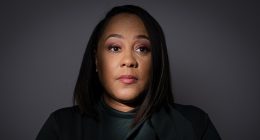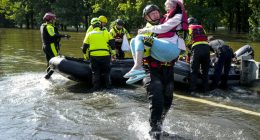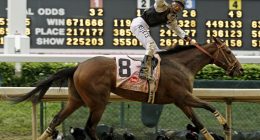The flawed vocabulary to describe mixedness is damaging. We are trying to understand each other through a warped lens
Who are we? What is the name that we call ourselves? Mixed people are the fastest-growing minority group in Britain. And yet we are stifled by a lack of language to describe ourselves. I first realised this in my early 20s, reckoning with the past. As a Welsh-French-Scottish-American-Indian-Mauritian, when I was growing up I had no word that defined me apart from “mixed”, which felt less than ideal: it conjured up the image of two scoops of ice-cream melting in a bowl.
“Biracial” didn’t work either. Bi means two: bicycle; biannual; bisect – and with my parents’ lives each encompassing more than one single strand, I was more than two. To me, biracial could fit with people whose parents were of two separate, clearly defined cultural backgrounds, “half this and half that”. But I’d never been half this and half that.
Laila Woozeer is a British author, performer, musician and activist; she is the author of Not Quite White
Do you have an opinion on the issues raised in this article? If you would like to submit a letter of up to 300 words to be considered for publication, email it to us at [email protected]




